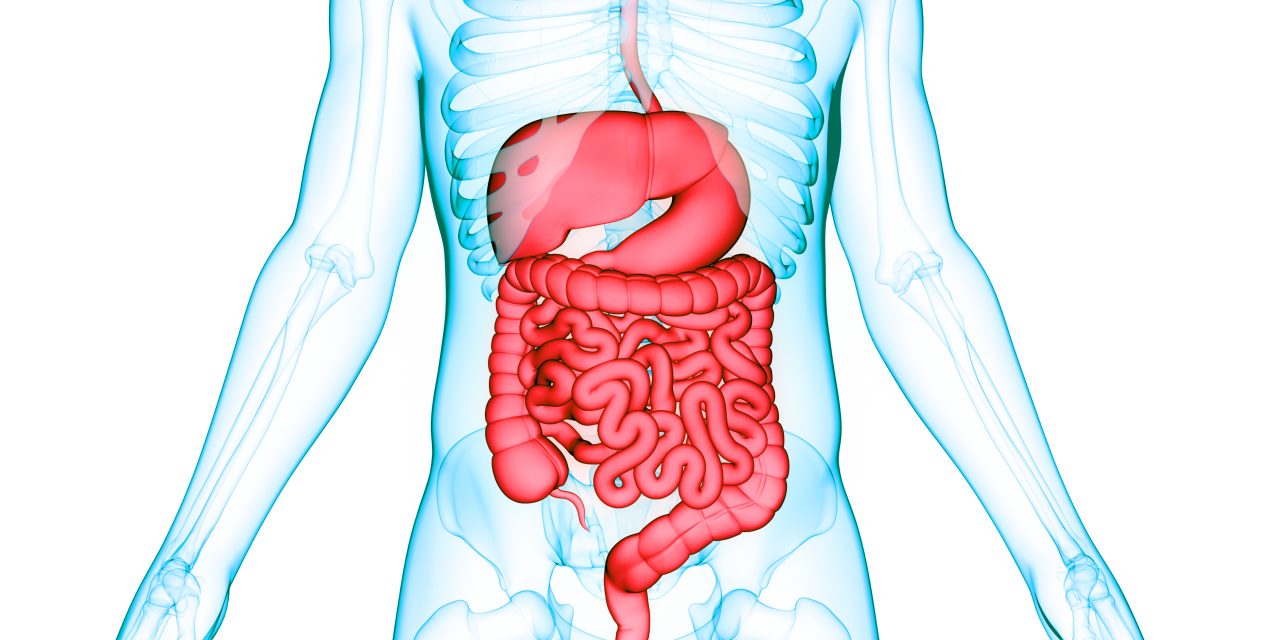Eosinophilic esophagitis is an esophageal inflammatory illness that is becoming more frequent. Diagnosis and treatments are predicated on the presence of eosinophils in the esophageal mucosa, which sometimes necessitates several endoscopies under sedation. Unsedated transnasal endoscopy (TNE), an alternate approach of examining the mucosa without the hazards of sedation, is now being used in children. This is the first qualitative study on the experiences of children, patients and their parents with TNE. The study’s goal was to describe paediatric patients’ and parents’ experiences with TNE in order to refine TNE procedures and enhance clinical outcomes. Following completion of TNE, the study used a qualitative descriptive technique that includes in-depth, semistructured interviews with patients and parents. They used qualitative content analysis to analyse the data. They identified four themes: TNE appeal, TNE expectations and preparation, TNE tolerance, and TNE evaluation. The absence of intravenous anaesthesia; helpful and clear preparation for the procedure with a demonstration video and physician phone call; distraction during TNE with virtual reality goggles and a stress ball; parent’s ability to accompany the patient; and TNE taking less time than an esophagogastroduodenoscopy were perceived as positive aspects of TNE.
Our participants had a favourable overall impression of TNE. Data from the study will assist paediatric gastroenterologists to improve both preparation for and comfort during TNE.


